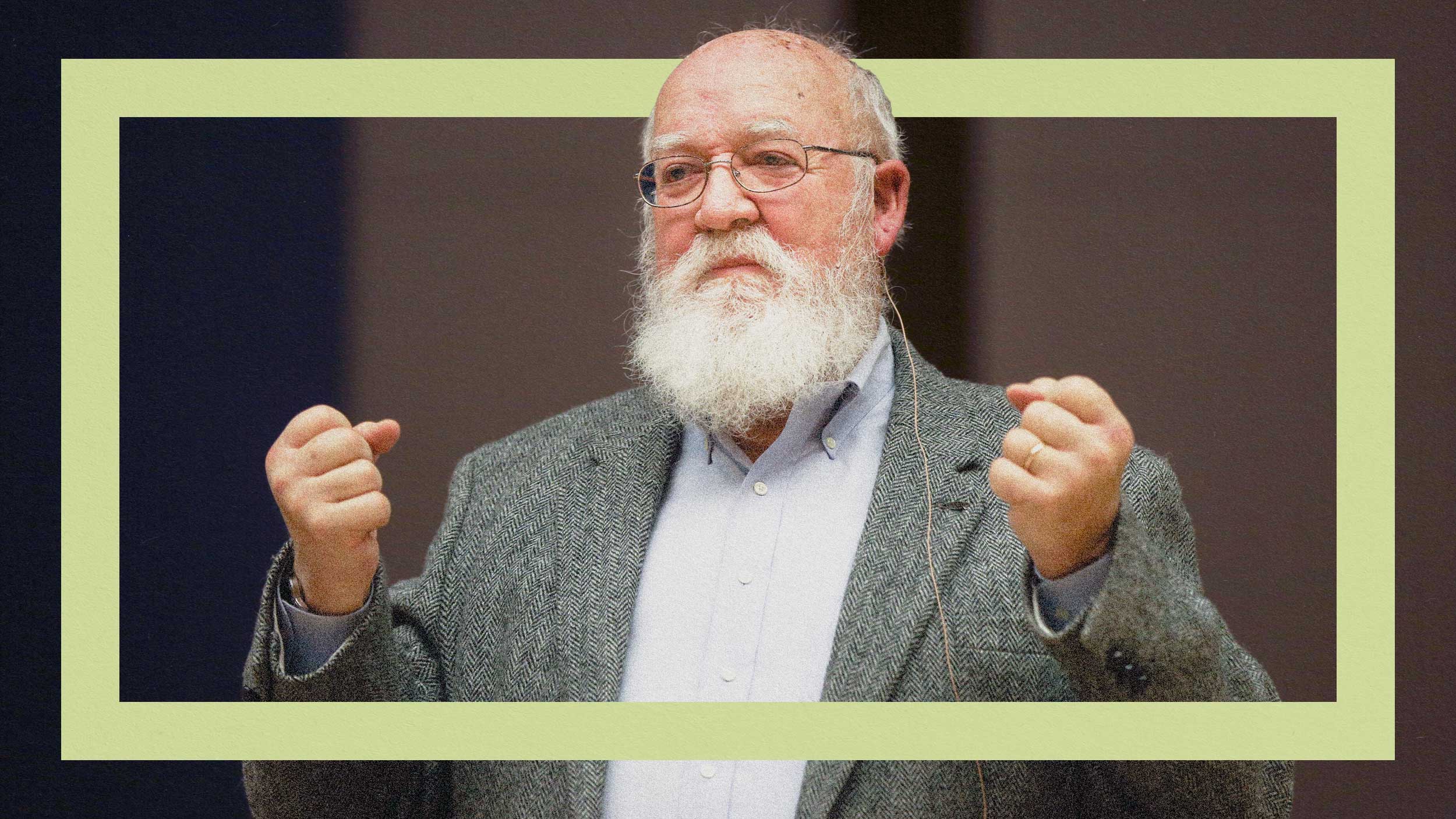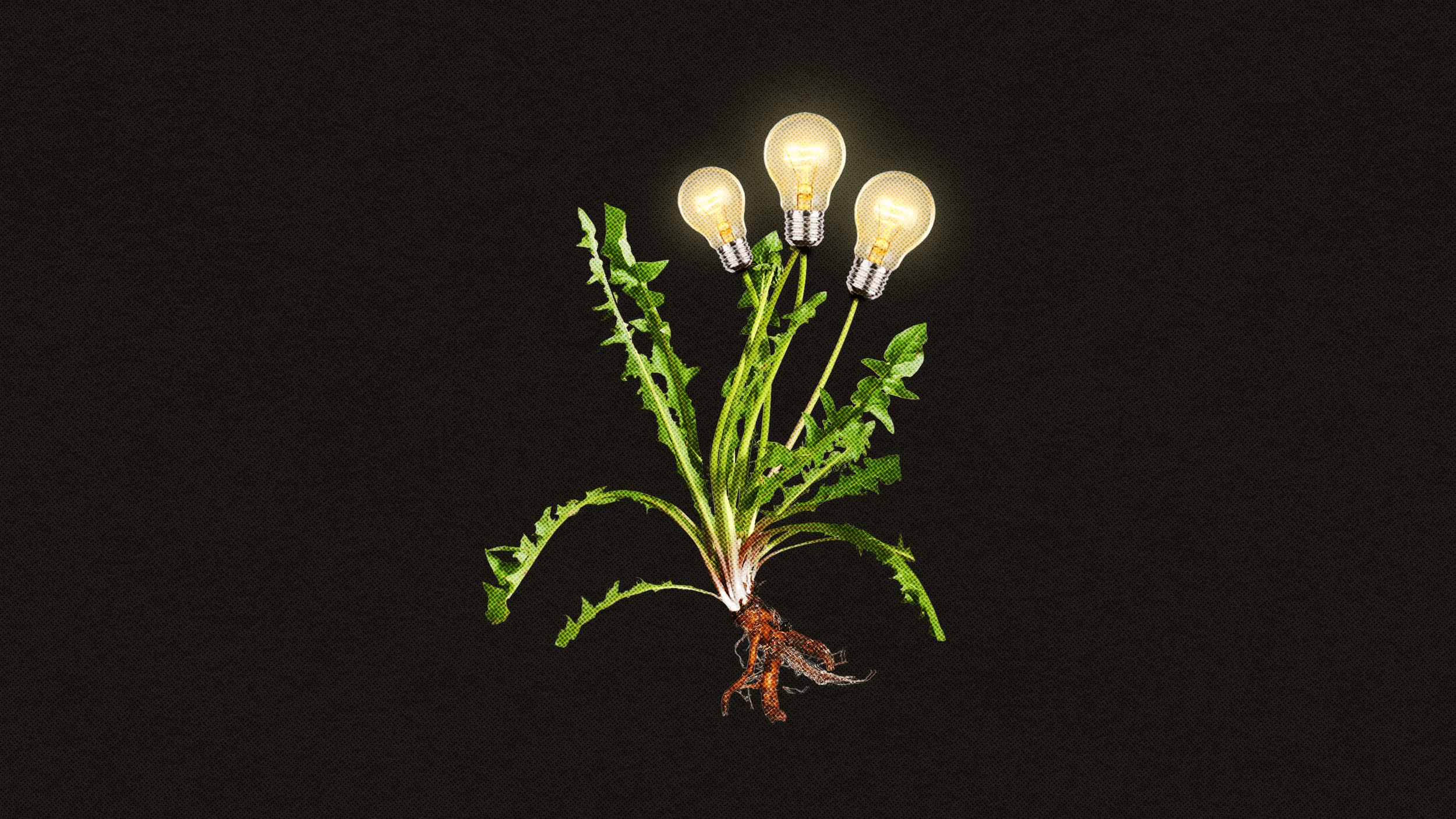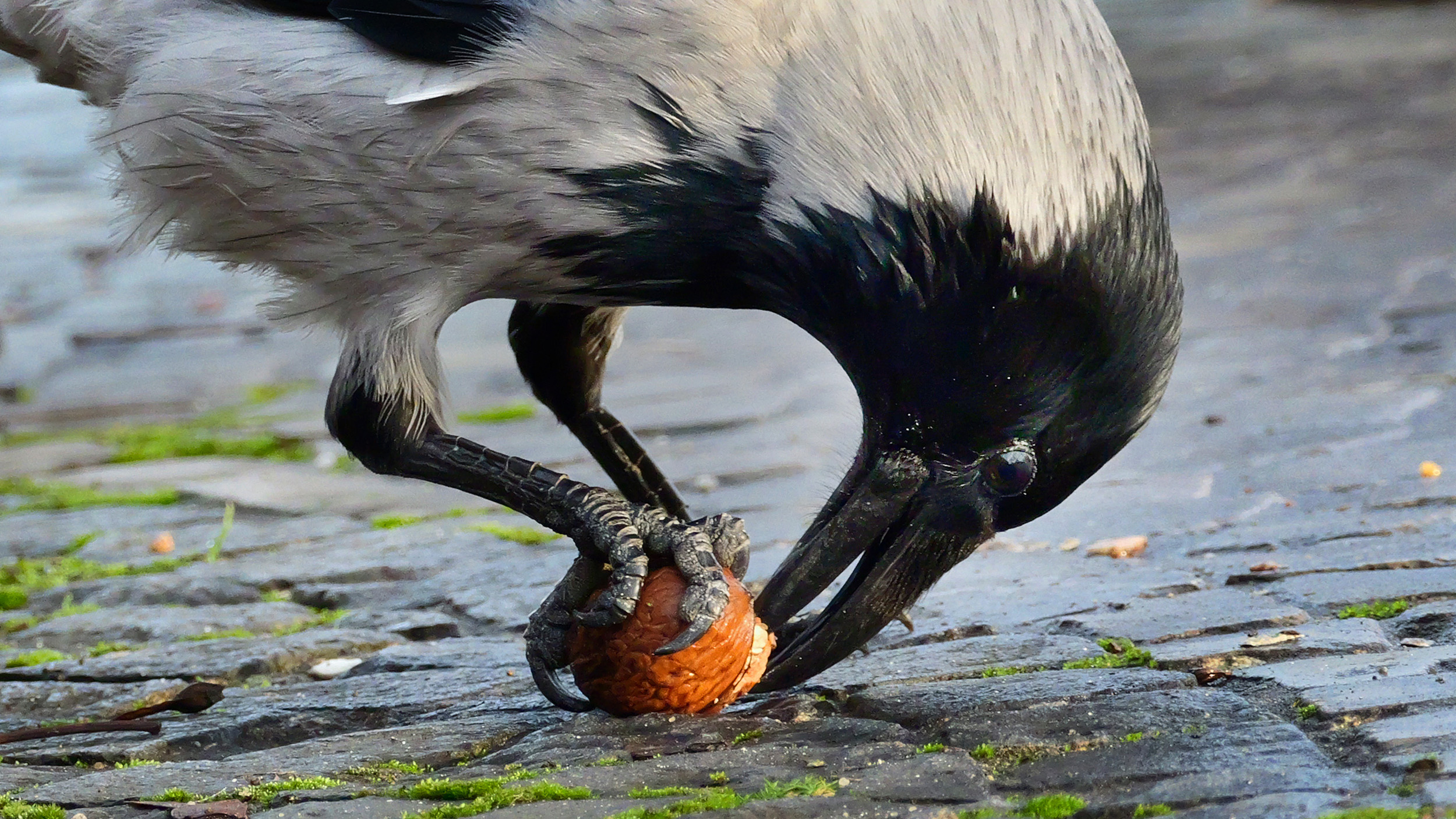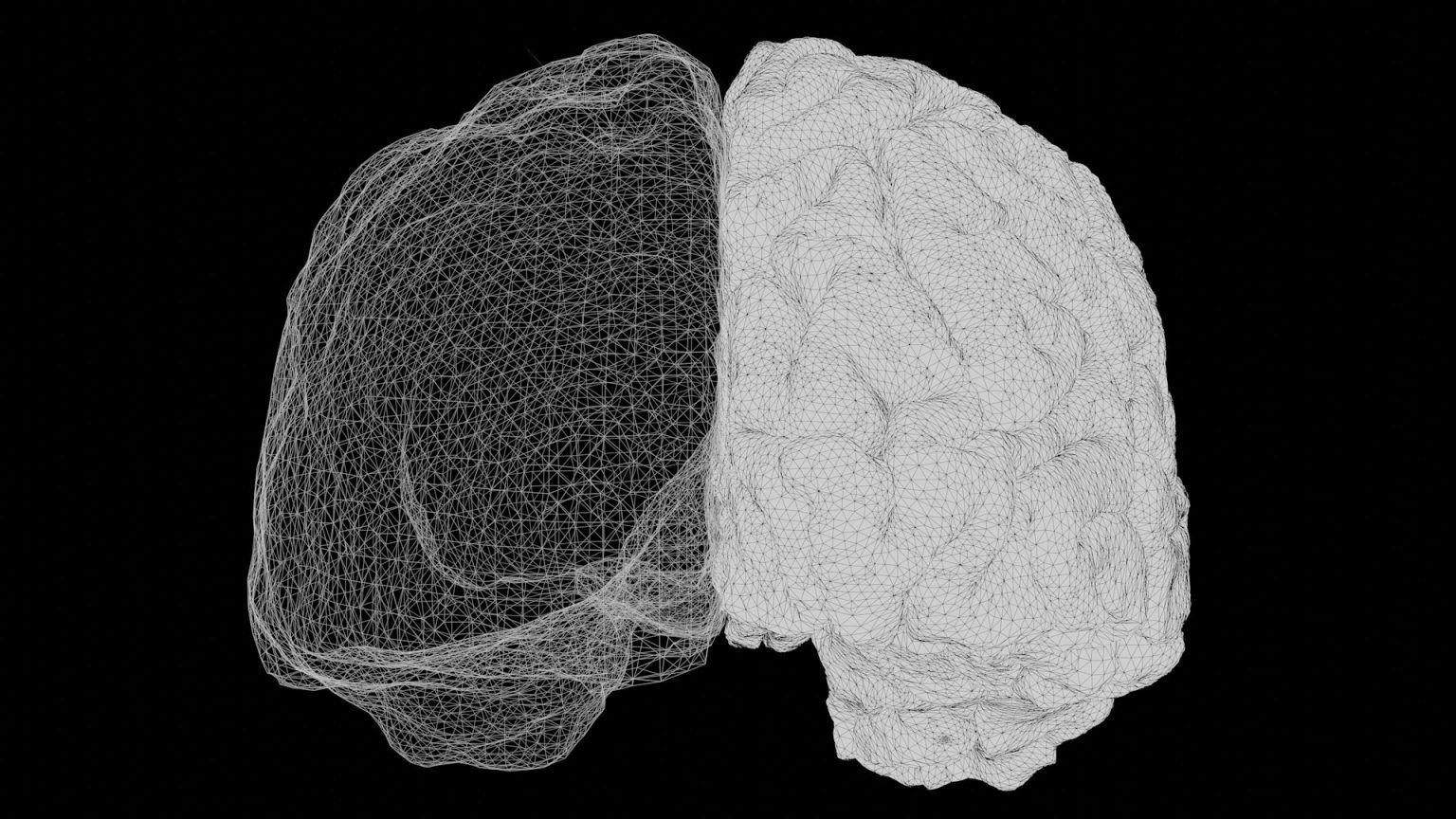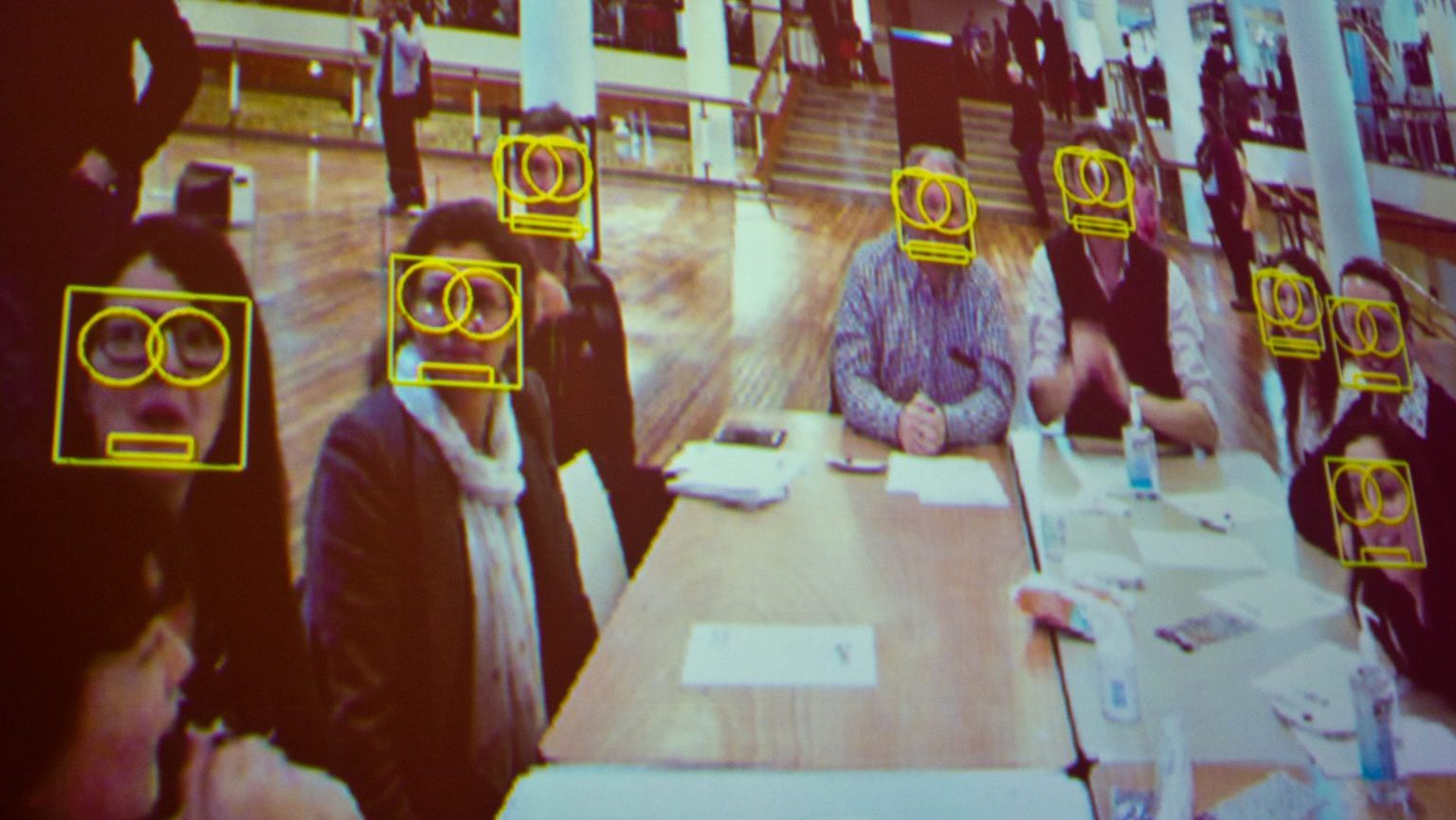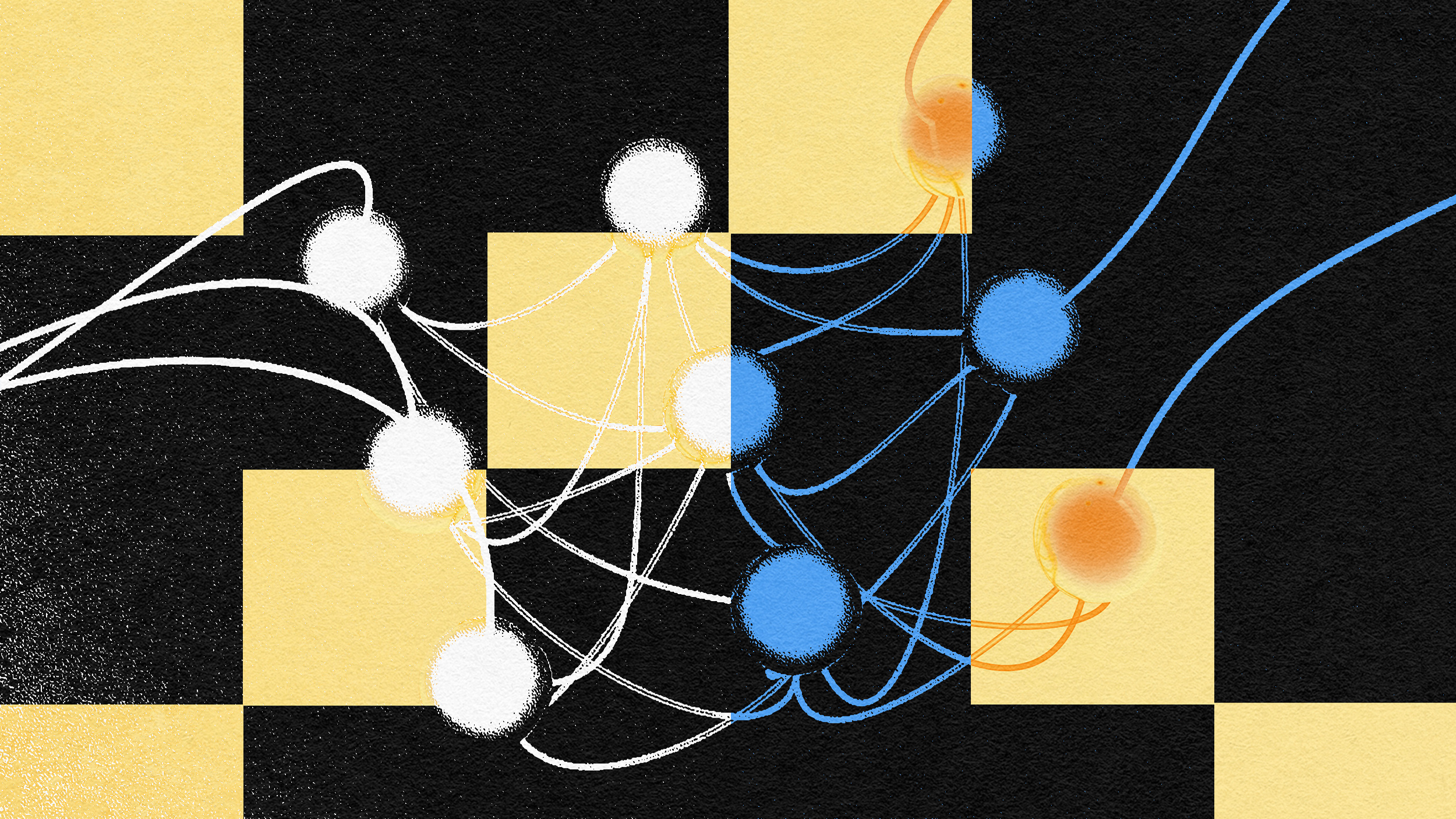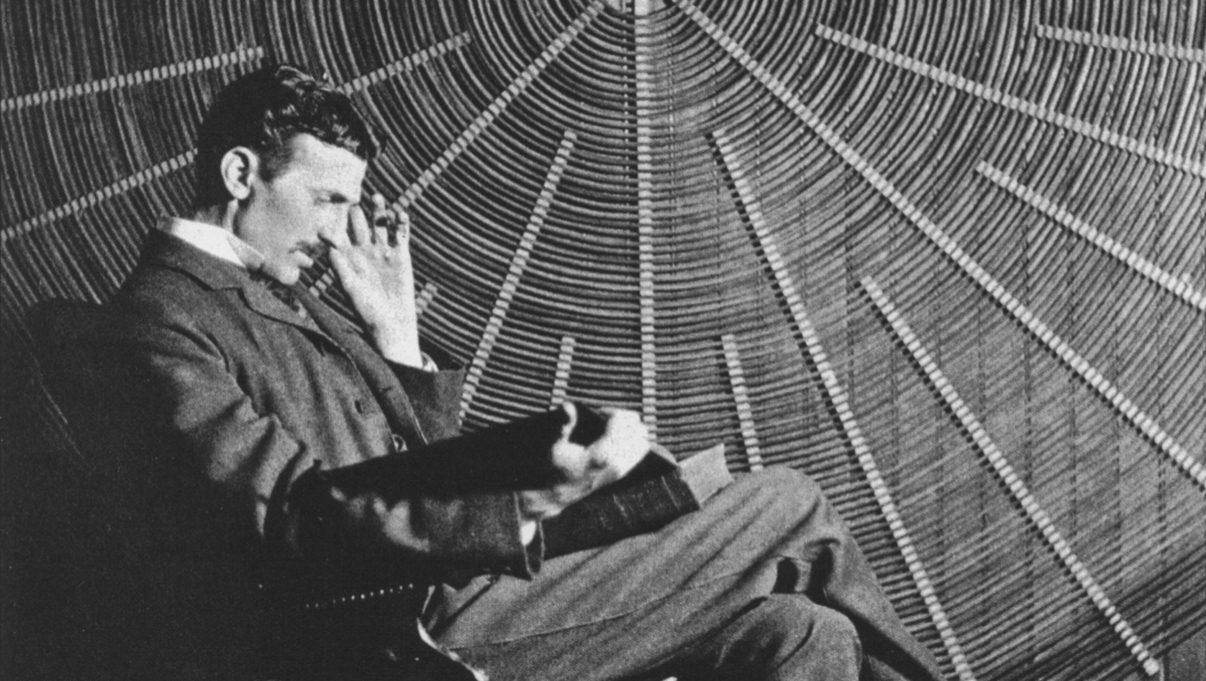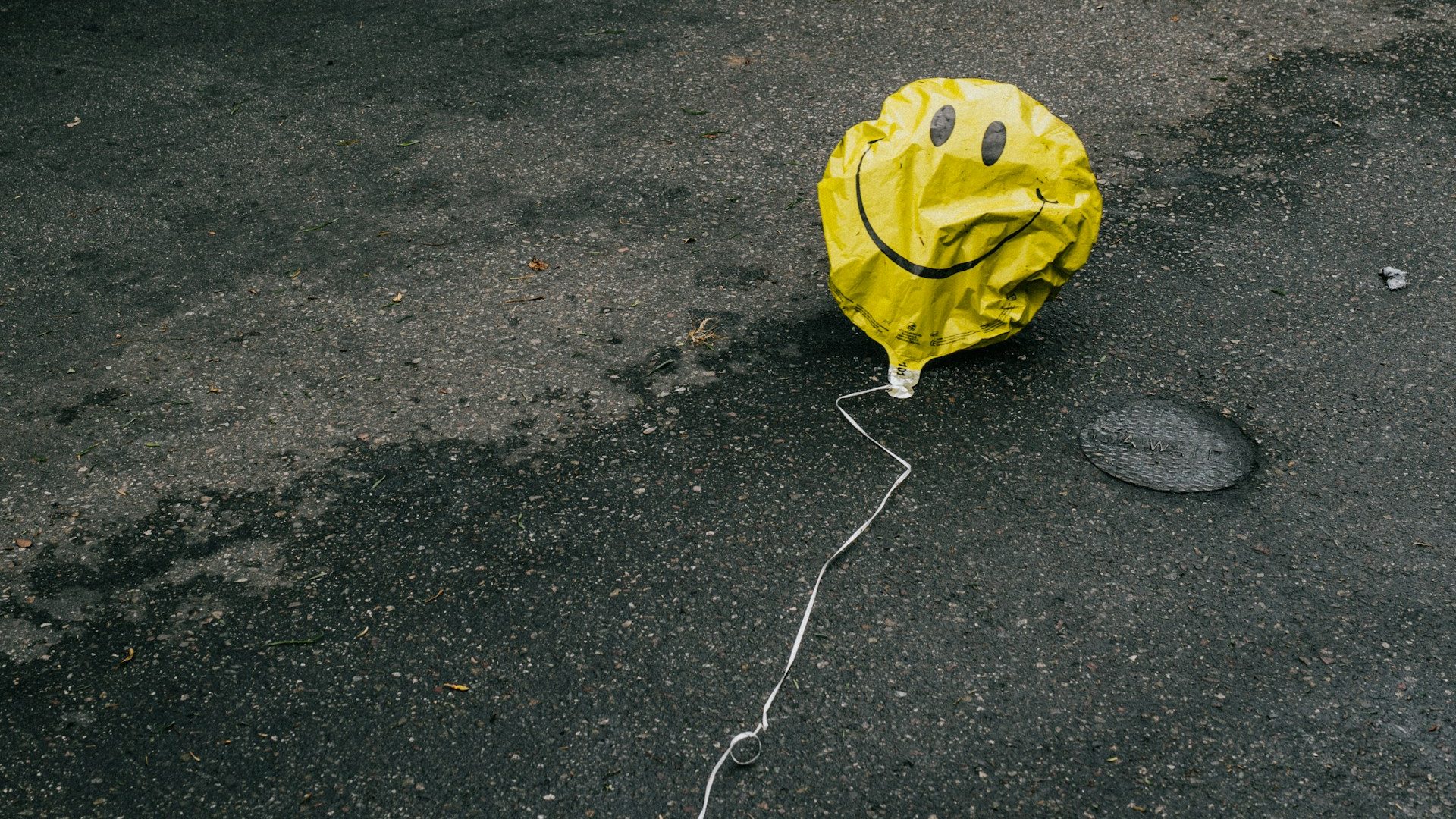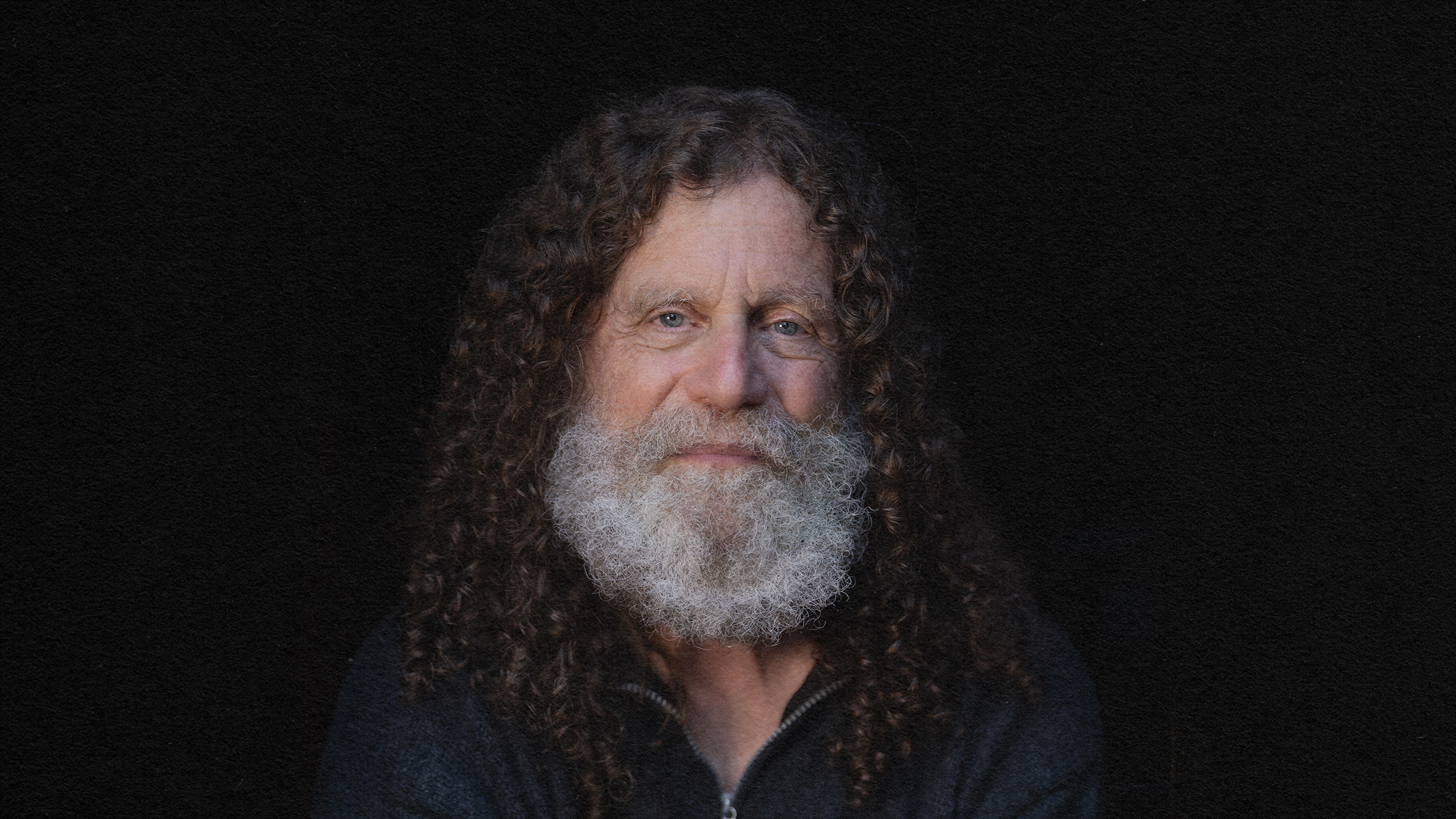critical thinking
Encouraging thoughtful responses over impulsive reactions can help prevent AI exploitation in decision-making.
Plato’s cave metaphor illustrates the cognitive trap of ignorance, where we may be unaware of the limitations of our understanding.
The late philosopher suggested adding a couple of “Occam’s heuristics” to your critical thinking toolbox.
Studying why innovation clusters form can shed light on how to better promote research and growth.
The electoral reform also known as instant-runoff voting promises bridge-building and broad appeal instead of culture war and gridlock.
Changing the narrative on false memories might be surprisingly simple.
New evidence suggests the corvid family has surprising mental abilities.
Why human attempts to mechanize logic keep breaking down.
Thinking of a number between one and ten? Here’s how predictable human responses create the illusion of telepathy.
Welcome to The Nightcrawler — a weekly newsletter from Eric Markowitz covering tech, innovation, and long-term thinking.
Four startup founders explain how to derive lessons from the past while still looking ahead to what’s possible.
The evidence is far less clear than popular media might lead you to believe.
A researcher weighs in on who’s accountable, when and why, in the eyes of the law — and whether the measures work as intended.
The future belongs to complexity.
Just being a pessimist, cynic, or apathetic doesn’t make you a nihilist.
A new framework describes how thought arises from the coordination of neural activity driven by oscillating electric fields — a.k.a. brain “waves” or “rhythms.”
Voltaire’s wonderful satire, Candide, remains a useful work-life antidote to bogus platitudes and naive optimism.
Most counties in the U.S. have only one local newspaper, often one that publishes weekly instead of daily.
A physicist, a psychologist, and a philosopher walk into a bar and discuss a framework for thinking better in the 21st century.
Being bilingual benefits children as they learn to speak — and adults as they age.
Police forces are choosing humans over algorithms to make some identifications.
A simple dice game shines a bit of light on the psychology of regret.
Here’s how belief in a higher power can act like a psychological safety net.
What Shark Tank pitches, Sundance films, and unusual sandwiches show us about our choices.
AI is both a tool and a catalyst — and the key to successful integration is to rewrite your rule book and tinker.
Scientists are probing the head games that influence athletic performance, from coaching to coping with pressure.
“She understood me and I understood her. I loved that pigeon.”
How to juggle while walking a tightrope — at work.
Studies claiming to reveal strategies for feeling happy get a second look.
A volley of new insights reignites the debate over whether our choices are ever truly our own.


